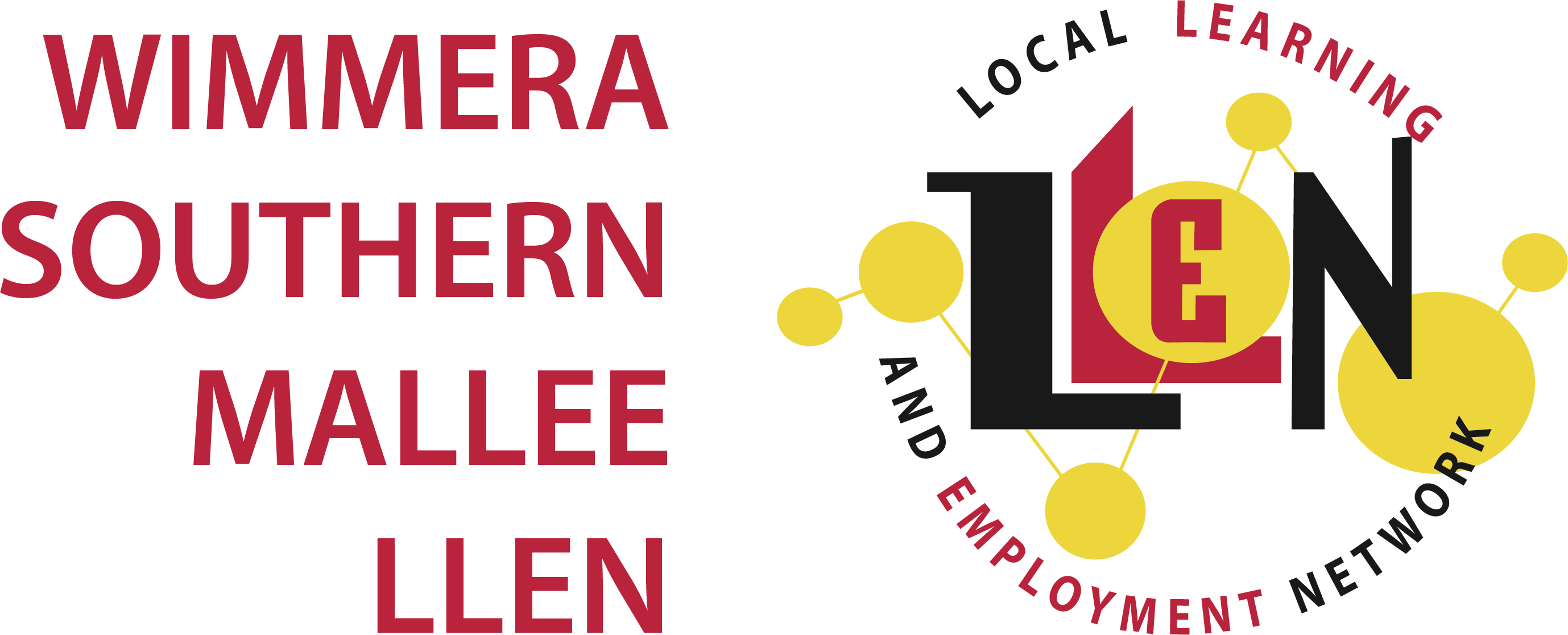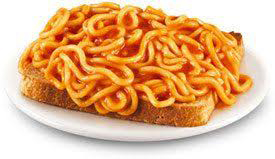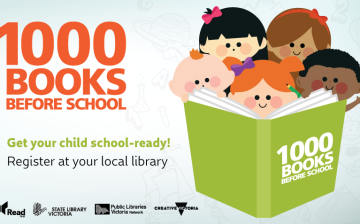Spaghetti, Spaghetti, Spaghetti!
My son was preparing lunch for my grandchildren, while their mother was away for the day. He was catering for an 18-month old, a three-year old and four-year old. He announced, “What do you want for lunch today?” and then proceeded to list the options which included some left-overs from the day before and some quick-and-easy options. The list was something like, “There is chicken and corn soup, some salad and ham, or you could have a wrap or a peanut butter sandwich or spaghetti on toast and there are bananas, apples and mandarins in the fruit bowl.”
I was satisfied that, in the absence of their health-conscious mother, this was a reasonable menu that provided some healthy eating options from a range of food groups.
The three-year-old and four-year-old were well able to articulate what they wanted and what they didn’t want. The three-year-old clearly stated, “I don’t like chicken and corn soup. I want ham and salad in a wrap,” while the four-year-old chorused, “Spahgetti, Spaghetti, Spaghetti! I want Spaghetti on toast!”
The 18-month old, whose vocabulary consisted of only a few words such as ‘Mum’, ‘Dad’ and ‘no’, was unable to verbalise his menu preference. He had only been walking for about four months, but suddenly and silently disappeared at lightning speed through the kitchen and into the pantry. He emerged within a few seconds carrying a can of spaghetti, making it quite clear what he wanted for lunch. Although he was unable to speak, he had a clear grasp of the conversation and knew exactly what was being discussed – spaghetti was on the menu for lunch and that was what he wanted. He was also well aware that the spaghetti came in cans and where it was stored in the pantry.
This simple little action of a toddler running into the pantry and coming out with a can of spaghetti, demonstrated clearly what Let’s Read program advocates. Reading (and speaking) to your children from birth is vital for the development of their language. Long before children can speak, they are listening, learning words and developing their vocabulary. It stands to reason, that the more words they hear, the more words they will learn and understand. There are numerous ways to increase the number of words our babies and toddlers hear. This can be done by constantly talking and describing what you are doing during the day, making a running commentary of the mundane activities of the day, singing songs to your children and reading stories. Exposure to language in the early years is a great investment in a child’s education and increases their readiness for school.
My 18-month old grandson was given his menu preference for lunch that day, and unsurprisingly, because he was able to choose what he wanted, devoured a generous helping of spaghetti while I sat back and contemplated the wonderful capacity of the human brain and the importance of generous helpings of exposure to language to build healthy young minds.


